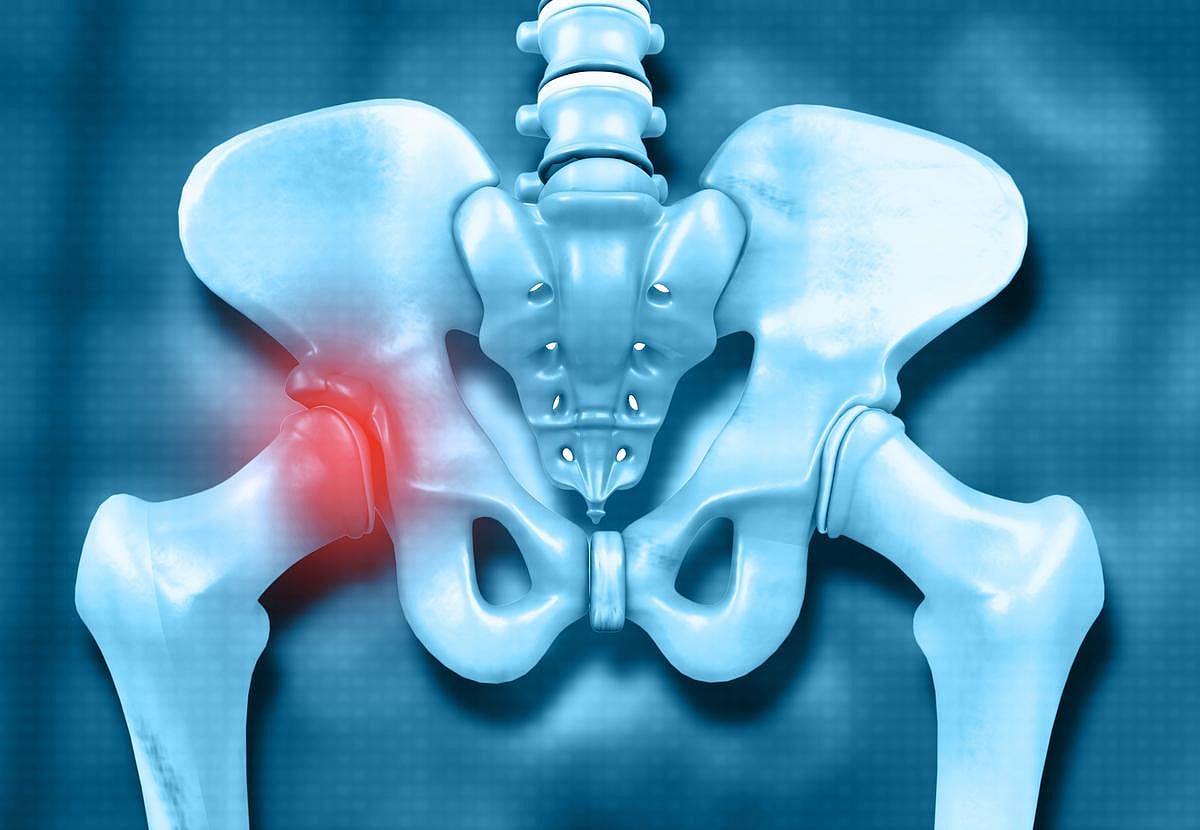15-year survivorship free from any revision and from aseptic revision was excellent, at 96.0 and 97.4 percent, respectively
By Lori Solomon HealthDay Reporter
MONDAY, April 21, 2025 (HealthDay News) — Birmingham hip resurfacing (BHR) is effective and shows implant longevity in appropriately selected patients, according to a study published in the March 19 issue of the Journal of Bone & Joint Surgery.
William A. Zuke, M.D., from Washington University in St. Louis, and colleagues evaluated BHR survivorship, as well as radiographic and clinical outcomes, at long-term follow-up. The analysis included 224 patients meeting the current indications for BHR (i.e., men younger than 60 years of age with a preoperative diagnosis of osteoarthritis and proximal femoral bone able to accept a component size ≥48 mm) who were followed for a mean of 14 years. Patient-reported outcomes (PROs) were compared to those for matched patients who had undergone total hip arthroplasty (THA).
The researchers found that survivorship free from any revision and from aseptic revision was 96.0 and 97.4 percent, respectively, at 15 years. The median serum cobalt level was 1.4 parts per billion, while the median serum chromium level was 1.5 parts per billion. PROs were similar to those reported by patients who had undergone THA. Similarly, equal proportions of patients remained active, although the BHR group trended toward more remaining highly active.
“On the basis of implant survival and level of satisfaction, this long-term follow-up study supports the use of BHR in select patients,” the authors write. “Long-term monitoring is suggested for patients with pain or elevated metal ions.”
Smith & Nephew provided funding for the study.
Copyright © 2025 HealthDay. All rights reserved.








